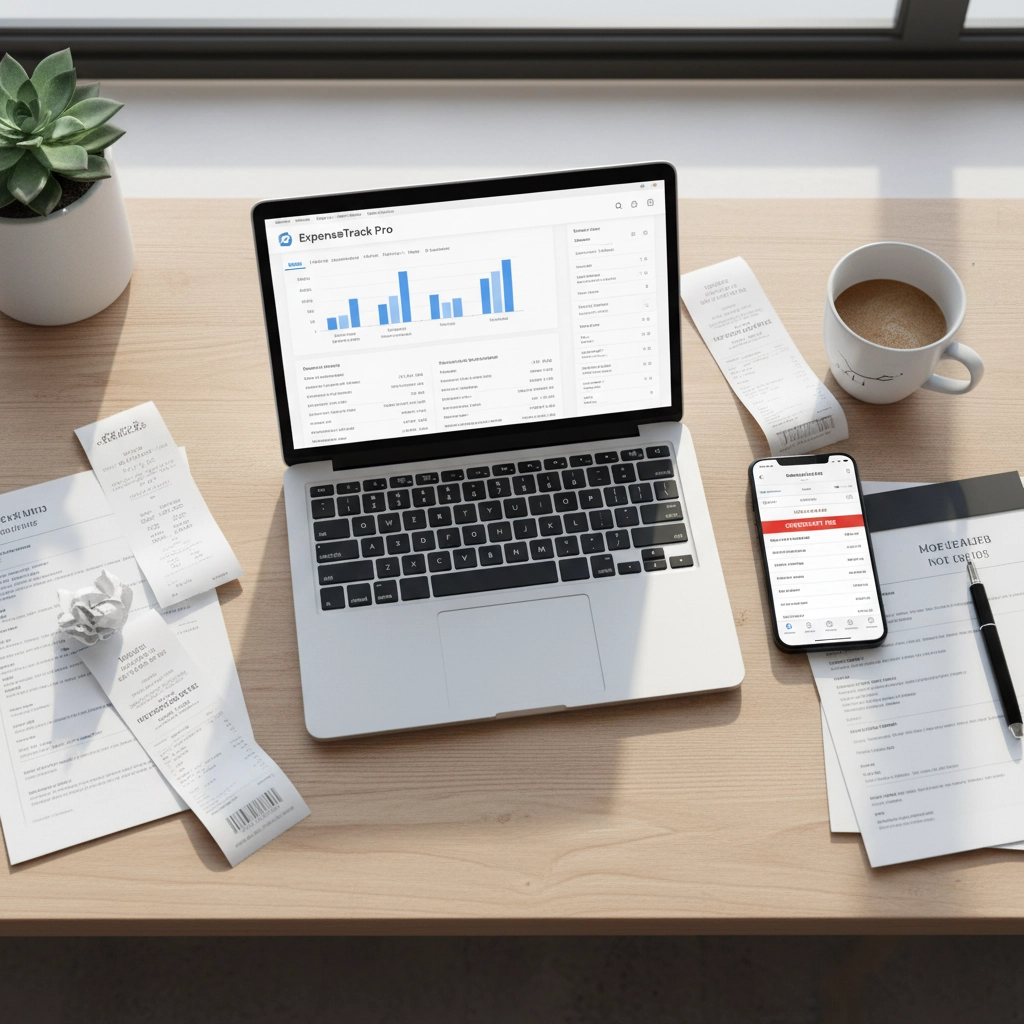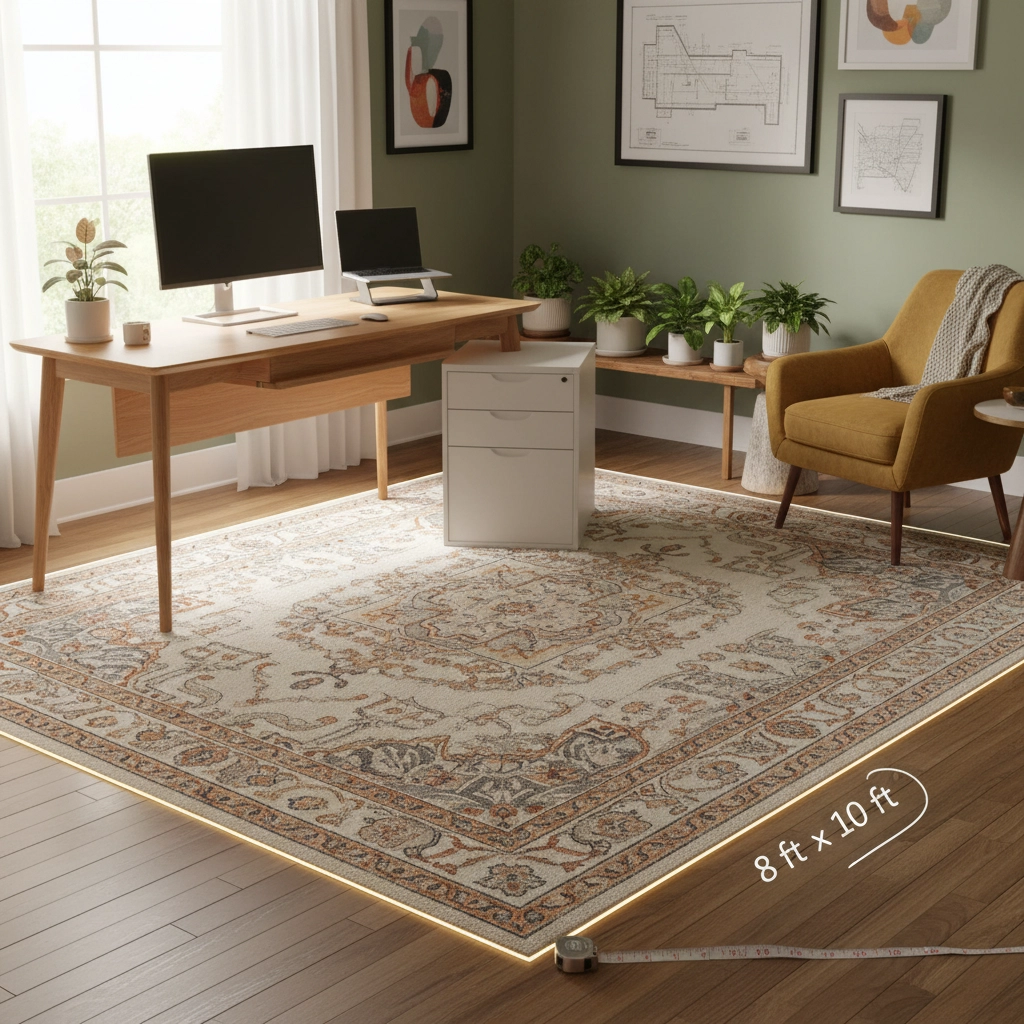Tax Deductions Small Businesses Miss Every Year, and How to Catch Them
- Susan Hagen
- Nov 14, 2025
- 5 min read
Every year, small business owners leave thousands of dollars on the table, not because they want to pay extra taxes, but because they simply don't know about all the deductions they're entitled to claim. It's like having money sitting in your business account that you forgot about, except this money is going straight to Uncle Sam instead of back into your business.
As someone who's helped countless small business owners over the years, I've seen this pattern repeat itself: hard-working entrepreneurs who track their big expenses religiously but miss the smaller, everyday costs that add up to serious tax savings. The good news? Once you know what to look for, catching these deductions becomes second nature.
The Small Stuff That Adds Up Big Time
Let's start with the expenses hiding in plain sight. You know that monthly software subscription for your project management tool? That's deductible. Those bank fees that seem to appear out of nowhere? Yep, deductible too. Professional association memberships, industry magazine subscriptions, business insurance premiums, all deductible expenses that many business owners completely forget about.

Bank fees alone can cost businesses anywhere from $240 to $1,200 annually. Every wire transfer, monthly maintenance fee, and overdraft charge is a legitimate business expense. Credit card processing fees, merchant services charges, and even ATM fees for business transactions all count as deductible expenses.
The digital age has created a whole new category of commonly missed deductions. Cloud storage for your business files, customer relationship management (CRM) software, email marketing platforms, website hosting, and even social media management tools, these are all necessary business expenses that deserve a spot on your tax return.
Professional development costs often slip through the cracks too. Online courses, webinars, industry conferences (including virtual ones), and certification programs are all fully deductible. Even that business book you bought on Amazon or the podcast hosting service for your company podcast counts.
The Big Deductions with Big Rules
Now let's talk about the heavy hitters: the deductions that can save you thousands if you know how to use them properly.
The Section 179 equipment deduction is probably the most underutilized big deduction out there. For 2025, you can write off up to $1.16 million in equipment purchases in the year you buy them instead of depreciating them over several years. This includes computers, machinery, office furniture, and even software. Bought a $15,000 piece of equipment? You can deduct the entire amount this year rather than spreading it out over five years.
Vehicle expenses offer two paths, and many businesses either miss them entirely or choose the wrong method. The standard mileage rate for 2025 is 70 cents per mile, which works great if you drive a lot for business. Alternatively, you can deduct actual expenses like gas, maintenance, insurance, and depreciation. For vehicles over 6,000 pounds, special enhanced deductions may apply.

The home office deduction has become increasingly relevant, but it's still widely misunderstood. If you use part of your home exclusively for business, you can deduct $5 per square foot up to 300 square feet: that's a potential $1,500 deduction. This covers utilities, insurance, and general home expenses proportional to your office space.
The 20% Deduction Most Business Owners Forget
Here's a big one that flies under the radar: the Qualified Business Income (QBI) deduction. If you're a sole proprietor, partner in a partnership, or S-corp shareholder, you might be able to deduct up to 20% of your business income. For a business earning $100,000, that's a $20,000 reduction in taxable income, which could save you $5,000 or more in taxes.
The catch? This deduction is set to expire at the end of 2025, so it's crucial to claim it while you still can. The rules can get complex depending on your income level and business type, but it's definitely worth exploring.
Industry-Specific Deductions You Might Be Missing
Different types of businesses have unique deductible expenses that owners often don't realize qualify. If you run a retail business, your inventory management software, security system, and even the cameras for product photos are all deductible. Restaurant owners can deduct kitchen equipment, health inspection fees, and delivery management systems.

Professional service providers should be claiming professional liability insurance, licensing fees, and client management software. Real estate professionals can deduct MLS subscriptions, virtual tour software, and market analysis tools. Creative businesses often miss deductions for design software, cloud storage for portfolios, and equipment rentals.
Even if your business seems straightforward, take a closer look at what you're spending money on regularly. Chances are, more of it is deductible than you think.
Employee-Related Deductions That Pack a Punch
If you have employees, there's a whole category of deductions related to their training and benefits. Professional development courses, industry training, and certification programs for your team are fully deductible. Business insurance premiums, including workers' compensation and professional liability insurance, also qualify.
Retirement plan contributions offer a double win: they're deductible business expenses while helping you attract and retain good employees. For 2025, you can contribute and deduct up to $70,000 to certain retirement accounts, depending on the type of plan you choose.
How to Actually Catch These Deductions
Knowing about deductions is one thing; actually capturing them is another. Here's how to set yourself up for success:
Start with proper expense tracking from day one. Don't wait until tax season to sort through a shoebox of receipts. Use a dedicated business credit card and bank account, and consider expense tracking software that can automatically categorize purchases and store digital receipts.

Keep personal and business expenses completely separate. This might seem obvious, but mixing personal and business purchases is one of the fastest ways to miss deductions or create problems during an audit. When everything is clearly separated, it's much easier to identify legitimate business expenses.
Review your expenses quarterly, not annually. Set aside time every three months to review your expense categories and make sure you're not missing anything. This also helps you spot spending patterns and potential deductions before they slip through the cracks.
Work with a tax professional who knows your industry. Generic tax prep might miss industry-specific deductions that could save you thousands. A qualified accountant or tax preparer who understands your business can often identify opportunities you never knew existed.
Keep good documentation. The IRS requires adequate records for all deductions. This means keeping receipts, bank statements, and documentation that shows the business purpose of each expense. Modern expense tracking tools can make this much easier than the old paper-based systems.
Stay informed about tax law changes. Tax rules evolve constantly, and new deductions become available while others expire. The QBI deduction expiring in 2025 is a perfect example of why staying current matters.
Making It All Work Together
The key to maximizing your tax deductions isn't just knowing what qualifies: it's building systems that capture these expenses throughout the year. When you're running a business, it's easy to get caught up in daily operations and forget about the financial details that could save you money.
Think of tax planning as an ongoing part of your business operations, not something you deal with once a year. The businesses that consistently minimize their tax liability are the ones that treat deduction tracking as seriously as they treat customer service or product development.
Remember, every legitimate deduction you miss is essentially a voluntary tax payment. That money could be going toward growing your business, improving your products, or simply staying in your pocket instead of Uncle Sam's. With the right systems and knowledge, you can make sure you're claiming every deduction you're entitled to.
If you're feeling overwhelmed by all these possibilities, consider getting help from a qualified professional. The cost of good tax advice is itself deductible, and the money you save often far exceeds what you'll spend on professional assistance.
.png)
Comments